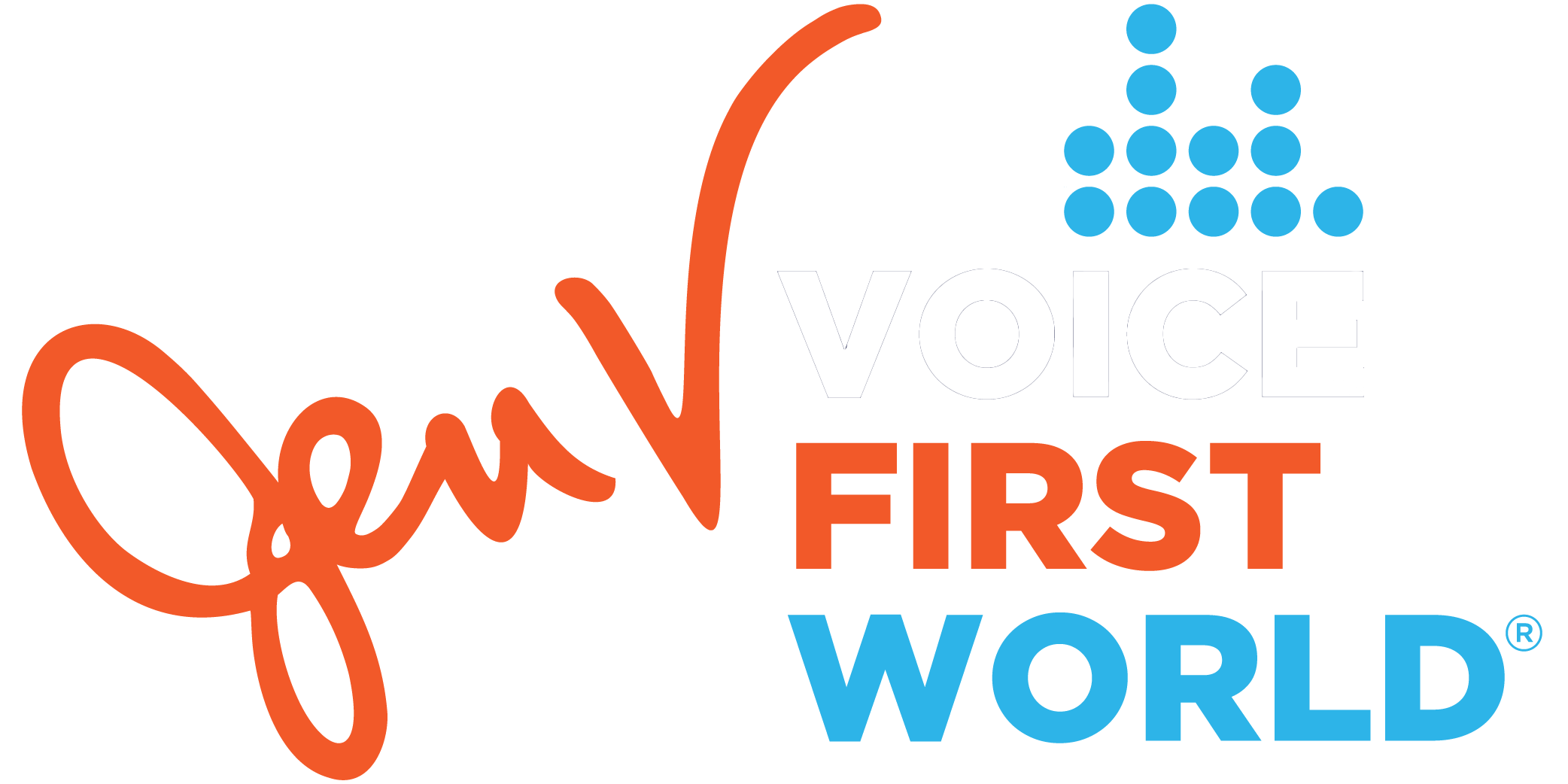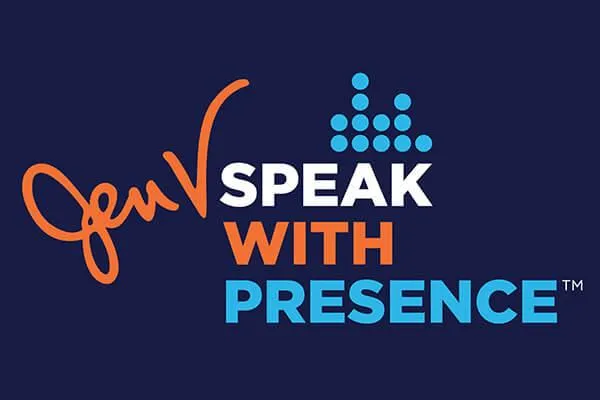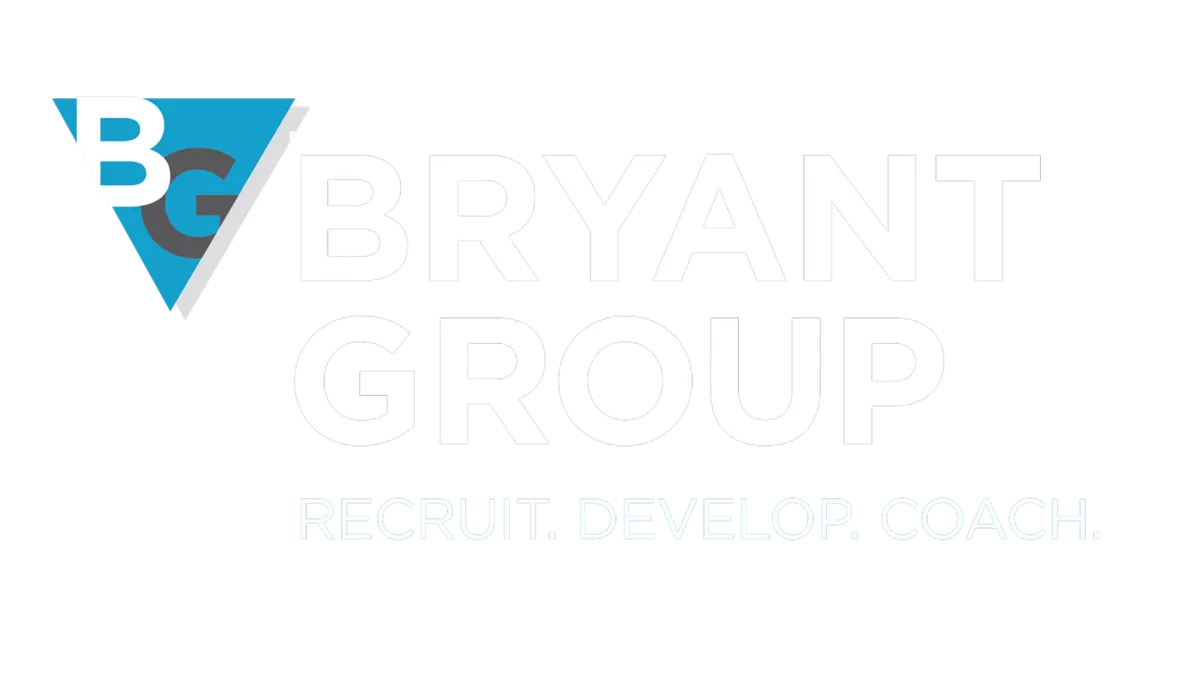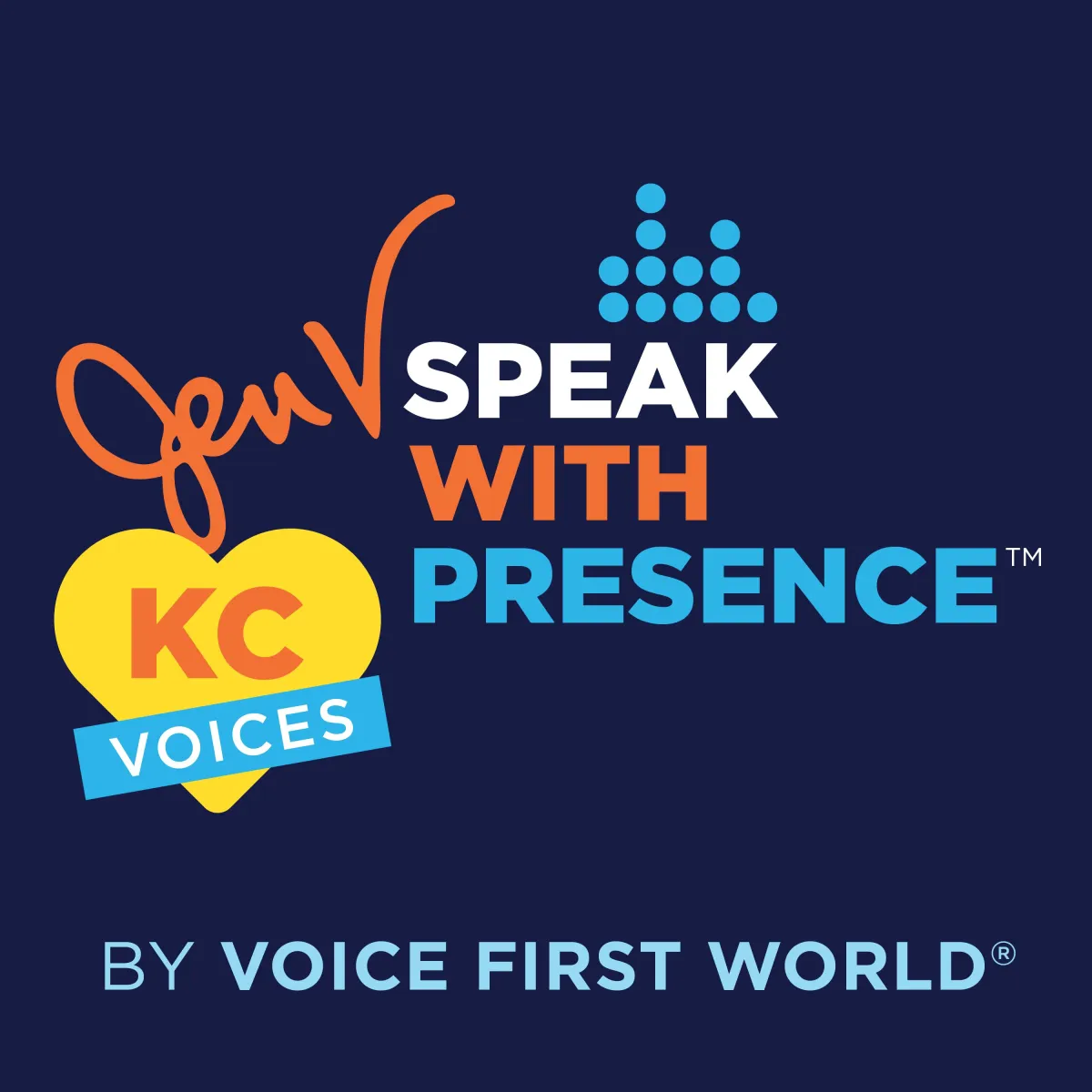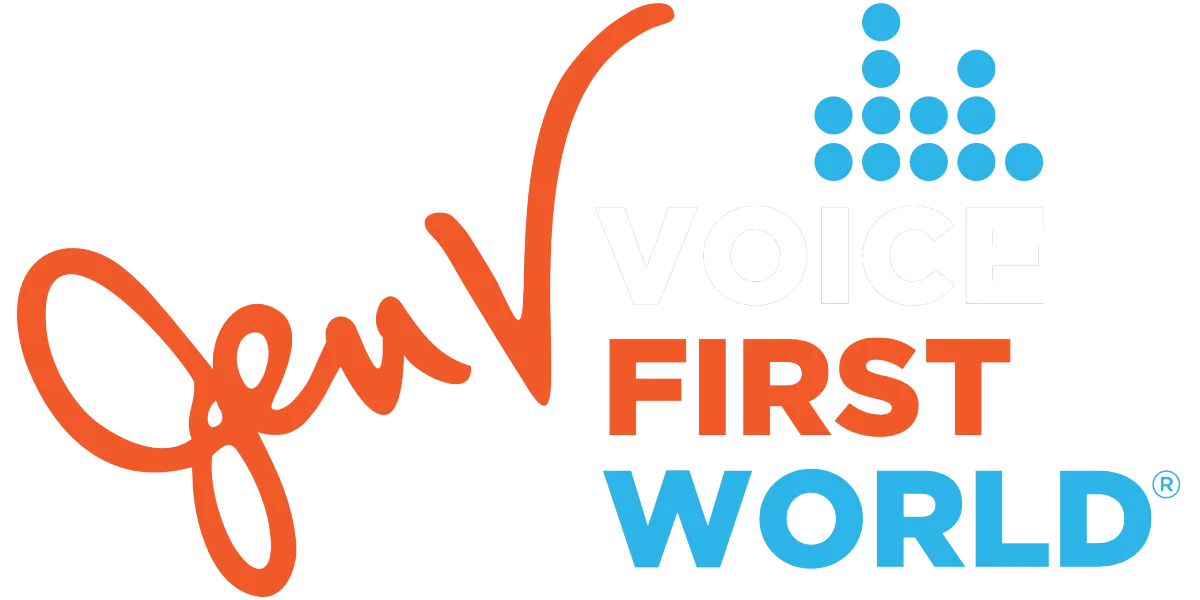Lorem ipsum dolor sit amet, consectetur adipiscing elit, sed do eiusmod tempor incididunt ut labore et dolore magna aliqua.
- Client Name
Title/Position, Company, Location
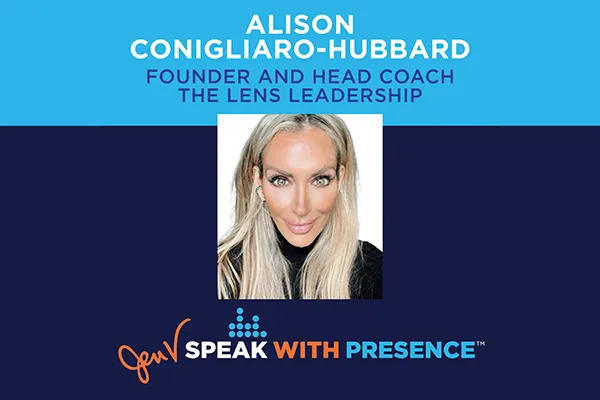
Episode 62: Meet them Where They Are - Alison Conigliaro-Hubbard
Through decades of impacting experiences, Alison sees the world with a global perspective and with the straight up honesty and spirit of a Brooklyn-native, combined with California wellness-cool. She has a unique ability to see big picture opportunities very quickly.
With over 26-years in global tech enterprise Sales and Product Marketing Leadership within large and mid-sized enterprises, such as Cisco, Brocade, Autodesk, Riverbed, and a start-up exit to Microsoft, Alison has driven and experienced business growth across a wide range of perspectives.
Alison holds advanced certifications with the International Coach Federation - ICF (ACC), Co-Active Training Institute (CPCC), and from Cornell University in Women's Executive Leadership and Diversity and Inclusion. She has a lifelong passion for whole wellness, incorporating her ‘Four Pillars of Wellness’ into her leadership coaching, and is a certified holistic wellness coach and former fitness trainer.
In 2020, she received a diagnosis of Stage 3 endometrial cancer where she applied her warrior approach to herself. Her journey through cancer treatment was the call she needed to move on from the enterprise and to build her own company, The Lens Leadership, a leadership coaching company specializing in coaching for companies, groups, and individuals, from young professionals to senior-most executives.
Prefer to read instead of listen?
Read the transcript below
Too many of us women, we say to ourselves, what did I do wrong? What did I do wrong? You didn't do anything wrong. It's the way they see the world. That's why I called the company The Lens Leadership.
Welcome or welcome back to the Speak with Presence podcast. This is where perfection is overrated, leaders listen, and we all speak up to influence change. I'm Jen Vellenga. I'm here with my co-host, Jennifer Rettele-Thomas. We're the co-founders of Voice First World, a communication coaching company. While you're listening and checking out the show notes for today's guest, take a moment to rate and review the Speak with Presence podcast. It really helps people just like you find us.
Today, JRT, I'm very excited. We have someone who is no stranger to leadership. We have Alison Conigliaro-Hubbard, and she is awesome. And also, beautiful. I'm just going to say that … beautiful. It's not about appearance, but it’s always nice when you can see someone on your stage who is a beautiful person inside and out.
So JRT, what do you have to say about Alison? Well, let me tell you just a little bit. So, I'm excited to share that she is the founder of The Lens Leadership. She is the former, and amazing technology executive and the author of Lessons in Life and Leadership. So more to learn on that here momentarily. And I think this is how Jen shared a little bit about her. She sees the world with the straight-up honesty and spirit of a Brooklyn native combined with that California wellness, kind of cool.
You did very good on that, Jen. Thank you very much for that. That's straight from her website. I did not do that. Well, I know, but you're just so good at this stuff. But she is a badass. Just take credit! She's a badass. I don't think this episode's going to be clean. I don't think so. Don't let them explain.
Alright, we have a lot to talk about today, but I'm going to let you control things today since I'm usually the one in control, Jen. And I want you to share something quickly before we move on. Okay, before we bring on Alison Conigliaro-Hubbard, I'm just saying her name because I can, so go ahead.
This is for Alison. I met Alison through a Cornell executive women's leadership program, and with six other women, we formed the organization We Women Lead. Alison has always been the first of us to be bold, make a suggestion, lead, and implement something amazing and impactful. I started to get to know her as she was beating cancer, starting her own business, The Lens Leadership, and writing her first book.
I was like, wow, who is this incredible and talented woman? She's not only courageous enough to try new things. But as someone who truly cares about people, Alison values connections and building bridges above all other things. Her genuine curiosity about others shines through in everything she does. I'm honored to introduce Alison today. She is wise, compassionate, ambitious, caring, diligent, tenacious, among many other lovely attributes. She is a gem, and I wish you all could have an Alison in your life.
JRT, aren't we lucky that we get an Alison in our life? We're grateful. Bring her on now! I'm bringing her on. Alison's crying. I watched you when that popped up. I watched you in the green room. It was so good to watch your reaction, Alison. Welcome.
Thank you for having me, you guys. I am, like, completely, verklempt, I guess. Joanna, if you're listening to this, I love you. And that was such an amazing surprise. Well, we love to surprise our guests because we don't think we say it often enough how incredible you are. And you've made an amazing impact on so many people in your sphere, but especially women.
Alison is the founder and head coach of The Lens Leadership. And I'd love to know as you were in corporate first. What made you decide to step away and start your own business? Well, that's a story. And so, let's get it started. We love stories. Okay. So, December 3, 2020. We're in COVID, right? We're all working from home. I was invited to the kickoff call with my C-staff at my former company for a sales kickoff that would be in January of 2021. Because I would be the first woman to ever be invited to be part of the keynotes for our sales kickoff. What an honor. I was totally ready to like carry the torch for all the women and so on and so forth. So excited.
But I also had to tell these C-level men, all men, that tomorrow, December 4th, I was going in for emergency surgery. I would not be around for at least two weeks. It happened to be I was getting a hysterectomy and oophorectomy. All the pieces and parts were, you know, getting ejected because they found a little tiny cancer cell. They thought they were going to get it. I was scared. I was scared.
A Brooklyn native. You can say it. We can beep it. We can call it explicit. Go for it. You speak your language. But I also had to tell these guys something that was really personal, but I was committed to, you know, being on that stage for virtual sales kickoff, so on and so forth. I had the surgery, was really back out walking 10,000 steps three days later.
A lot of people don't, you know, I take really good care of myself, and I just was fortunate. Anyway, two weeks later, right before Christmas, I got the phone call from my oncologist that nobody was expecting, and I was diagnosed with stage three endometrial cancer. I mean, I fell to the floor. I just thought my life was over.
It was pretty bad. But there's phases of how you take in that information. And I, instead of speaking at sales kickoff, had to take a leave of absence because I was told I needed to go in for heavy-duty cancer treatment, radiation, chemo. First thing that goes to a woman's head, I'm sorry to say, is my hair is going to be gone. I have a lot of hair. I'll skip it forward. I ended up going through six months of treatment, 25 rounds of radiation, heavy duty Taxol-based chemo. I dry iced. I found a solution. I dry-iced my head for what was, for me, 11 and a half hours on chemo days, and I did not touch my hair for nine months. No salons, no nothing. I basically drip-dried once a week, washed my hair in the kitchen sink, really gentle, cold water, the whole thing. So much discipline. In any event, saved my hair, too. Saved my life. I just got the word remission in my life a couple of weeks ago. But I've been great. I made great choices going through cancer.
I decided about midway through, I was going through Cornell's Executive Women's Leadership Program while I was in chemo with somebody you guys know well. Shannon Rich, and Joanna, who we heard from earlier and others. And I just kind of stepped back and said to myself, what am I doing? Why am I less stressed going through cancer treatment than I was the last couple years in my company? Right then and there, I said, it's time to start something on my own.
I'll close with the question with many years ago while in my twenties, I was working for my first corporate company. And my senior, senior boss said to me, I was about 25, he said, someday, you're going to have your own company. And I really put that in my pocket and saved it. And I said, well, it's time to do what Blair LaCorte said I was going to do. And then, and so that's how we ended up on this adventure that I'm on right now. And I call it year two of business building.
That's an incredible story. And I know we're going to get into what the future looks like and who you want to work with and what your passions are. But I just want to say that telling someone, those of us of a certain age, telling someone who's on the journey earlier than us in their journey, telling them where you see them going is so incredibly powerful. We've all had people say things about us that we can't possibly envision yet. And it's so good that you took the advice. But also, I'm sure all three of us have said that to others along the way. I'm just saying it out loud. So, anyone listening, it's important when you see someone and go, oh yeah, they're going to run the world, that you tell them they're going to run the world because they need to put it in their pocket like Alison did.
And you know what I want to say to that also, it's really important because I don't want anybody to think, oh, I didn't waste 25 years of my life. I used those 25 years, 28 years to add layers and layers and layers of learning and knowledge and practice. So that I could be here.
Absolutely. Well, and I also, you know, have spoken to you a couple times prior to this and talked a little bit about your journey. I think one of the things that you just said that I think everybody has to process in their own way, whether it's a cancer diagnosis of another health issue that they may be facing, a family situation, is your comment that it felt less stressful during one of the most awful treatment processes of one's life. I think it's hard to find another treatment that's more difficult, and it felt better than the last couple of years. I think that's a lot to process. It's a very different stress, but it's important. I appreciate you saying that in the way that you did.
It was incredible coming to that conclusion. By the way, I would not give up what I went through with cancer at all for anything. I learned so much about myself and just so much about the world, and so much opened up for me. I will say that what I came to, when I was going through all my international coaching certifications over the last couple years here, I realized what it was.
What it was, was that I was not honoring my personal values enough the last couple of years in my company. It just wasn't available to me. And so, choosing to remove myself from that so that I could have the ability to connect with more cultures and have freedom and have connection in a much bigger way in my life, really honoring those values.
I'm going to ask, I mean, because you've had tremendous experience over the years, as you've just noted. Could you share a time when you felt like a powerful speaker and what actions did you take to feel confident? I've always felt in my power when I'm speaking. That is my core competency. And what about it is so important? When I feel like I can move somebody to a place that they weren't at when we started. When I can draw out some kind of an emotion that makes them feel alive in some way. That's what it's all about. That's the magic of speaking to me. You know, I worked in a world for 26 years with an overabundance of engineers and brilliant people, and for so many years of my learning, I felt a little bit insecure because I was the non-engineer amongst them.
It took me so many painstaking hours to learn enough about these products and solutions that were so boring to the layman. I mean, I'm a master networker, but I'm also a master 19 networker, too. By the way, because I had to, I drove people crazy at a whiteboard trying to teach myself this. But here's the thing. My skill set could come alive after I learned enough about those products and solutions to have them in my pocket so that I could pull out whatever I needed to when I was connecting to my audience. Whether it was an audience of a big, huge room full of people listening to me speak or whether it was a small, executive briefing with a contingent from another country, or whether it was one-on-one with a salesperson, whatever it was.
If I knew the subject matter enough, then I could just put it aside, listen, ask questions, get curious, learn about my audience, and connect, and that was magic. Like, that was what my core competency was and whether it was teaching groups of sellers or systems engineers or partners or standing in a room with the the brigadier general of the Dubai police department and knowing that they had cultural differences.
I was educated before some of these things about the cultural differences and how I needed to comply when they walked into the room. But guess what? I have lifelong relationships with people that I remember, and I talk to on a regular basis. Because of the connections I was able to build. So, I don't think that that's a single instance, but it was like every instance. What I brought to the table was the ability to really care about my audience, whoever they were, and shift to really connect the dots for them.
Do you have any solutions for leaders who want to speak with presence in the workplace?
I'm sure you've been around, especially if you're around engineers. It sounds like you were in a male-dominated space before stepping away and starting your own thing. But what are some of the most common solutions that you maybe have said in the past to help leaders speak with presence? I have written down several of them. Some of them are tactical. Some of them are a little bit bigger picture but let me just kind of see if I can get through these. First of all, I want everybody in the audience to know. Every single person, every single one of you has something amazing to offer. It doesn't matter if you're not feeling it at the moment. There is something amazing you have to offer to the world that people need to learn from you. I just want to start with that. Second, know your audience. Audiences, people you're chatting with, whatever it is, it's not one size fits all. I've worked with so many people that have spewed the same presentation to a systems engineer's audience and a sales audience.
They want two completely different things. A sales audience wants to remember stories. They want to be moved, and they want it fast. A systems engineer audience wants the nitty-gritty details in the absolute technical depth of everything you could possibly deliver to them. You've got to know your audience, care enough about them to wonder, be curious.
You know, ask yourself, what's important to this audience? How do they learn? What makes them light up? What moves them? Okay. That's the first thing. How can I make my company memorable? Number two, do what it takes to get yourself present before speaking. And, you know, we live in such a fast-paced, hurried world, and we got so much going on in our heads. I implore you. Get a good night's sleep, shut your brain down, meditate, breathe deeply, whatever works to clear your head of the clutter. And I don't mean a fast-paced workout that will clear your head of the clutter.
You wonder, why do our best ideas come to us when we are sleeping, or when we're in the shower? For me, I’m in the infrared sauna. I go like three times a week now so that I can clear my head and drum up creative ideas, and it happens every single time. Do what it takes to get yourself present by shutting your head down. Next thing, project confidence. I know, easier said than done, but here's a little suggestion, something to meditate on a little bit. Go into a dark room, close your eyes, and think about this. When was a time in your life when you were just on top of the world, filled to the brim with confidence? When was that? What did it feel like? Just remember that moment. Take it in. What did it look like? What were the colors? What did it feel like to exude that confidence?
Spend time drumming that up that memory so that you can go back to it. You are that person. You may not feel it all the time. I don't feel it all the time, but you are that person. So, it's in there somewhere. Bring it up.
Next thing is very tactical. And Jen, you're going to, I think, appreciate this. I appreciate all of it, Alison. Keep going. Enunciate your words. Use pauses to your benefit. At, when you're speaking to the camera, and I'm doing it now, underscore a point by looking into the camera's eye. That means you're looking at the eye of the people in front of you on the camera. This is, this is definitely stuff that comes from theater practice.
The last thing I brought, practice, practice, practice, practice, practice, practice, practice with consistency. Consistency yields new habits. New habits can become strengths when we continue to practice them. So, practice them. You may not be good at them at the beginning. It doesn't matter. Force yourself to practice. This will become intuitive over time if you do that. Those are some of my tips.
I love those tips. I love those tips. And just recently. Very recently, and very often, JRT and I talk to people about training for groups. And it happens in theater, too. It's like, in theater, we know how long it takes to get a show up and running to opening night. But people who are presenting are like, yeah, so, can you come in, the day of the thing and give some coaching, and then they go. It's like, no. I don't give my actors any notes on the day before opening night. Very small ones that I know are achievable. You don't give them something brand new the night before they get on stage.
Let me tell the story of the book really quickly because it's pretty interesting story about how it came out. I had finished cancer treatment, decided to, you know, get rolling on starting this thing. And I was going through coach certifications and whatnot. And I was thinking to myself one day as I was out on a trail. I live on a mountain here just north of the Golden Gate Bridge. I was out on a trail, and I was thinking, what could I offer to the business that would be like a low-cost but valuable resource of some sort to people. All the bells for some reason, I must have been well rested, went off in my head. I said, wow, I know an awful lot of women around the world who deserve to be heard, who've had so many amazing life experiences.
I thought, wouldn't it be interesting if I compiled that into some kind of a book? I mean, I'd been a product marketing leader. I knew how to create interesting content. So, the next day September 29, 2021, I sent a letter out to 75 women in my network who I knew, and I thought were amazing and had something to offer. I said, this is what I'm doing. Here's what I'd like from you. I'd like your top three lessons that you've learned about leadership over the years that you would mentor somebody on if you had the chance. Oh, by the way, we are pretty ADD these days, so keep it 75 words or less. I would love it back by October 20th. So, 61 women, I believe, are represented in this book. Four continents and I think it's 22 industries if I'm remembering correctly.
Amazing lessons in just life and leadership from experiences of women who've done such a breadth of roles and experiences in their life. And so, it's a great reference. It's something that you can pick up and just read one and just think about it, or you could read several, or you could use it with a team of people to have a discussion with. The clincher is the book went from idea to Amazon in 33 days, and that, to me, is the coolest part. And it messages, if you have a vision or a dream, you can absolutely accomplish anything. Beautiful. Beautiful. Yes. I can't wait to read it.
This is my most exciting part of the interview today. It's what we like to say is the what on earth question. I'm going to ask you just to bring some humor to the end of this conversation, not that it needs it. Is there a time when you have either experienced it or witnessed bias and you sat there and shook your head and said, what on earth?
Well, the way you just articulated it makes me think of something, but I don't even know if it's worth sharing. I will tell you what on earth to me is, is where in the hell was my head 15 years ago before Me Too happened. Why did I not go to HR or whoever with so many experiences and I really thought about whether or not I could share some of them today.
I cannot. Nope. Nope. They're in the bank. They are in the story vault. They are. None of them are fun. I will share one of the tamer ones. One that just keeps replaying itself in my head all the time. A few years ago, I was called into a meeting with my C-level boss at the time. About four or five other men in the meeting as well I worked with. We're sitting around the conference room table. I'm the only woman in the room, and I also happen to be the subject matter expert on this particular topic. Yeah, right. You know where I'm going. This C-level boss of mine would not look me in the eye. He would not direct any of the questions to me and even when I would butt in and actually answer the questions because I knew what he needed to know better than the other people in the room who were lovely people and super-smart people, but I was the subject matter expert on this.
He still would direct the entire conversation to the men in the room. And I left that room, and my partner, who had been in the room, said, ‘What is wrong?’ And I said, ‘He wouldn't look me in the eye!’ What is wrong with this situation? I don't understand! I know what he needs to know, and yet he would not connect with me. He would only connect with you guys. What is that? It was really astonishing to me. And I don't know. What on earth? What on earth? What is that?
Did you ever get any kind of answer or response? Or like, oh, you know, you're so hot. He can't manage his speech around you. He can't even look at you because he's so attracted to you. I mean, was it some kind of like sexist, weird sexual tension thing? To be frank, in this case, I think it was a cultural thing. Oh, I truly think it was a cast-related thing and learnings from a lifetime. Which is something I think about a lot before I judge somebody, like overjudge somebody these days.
I think, you know, George Floyd brought a lot of that out in me. Thinking, you know, what's the lens out of which they see the world? And so, I kind of flipped the anger of it once I realized that into just a different perspective and a different way. A healthier way of looking at things to say, well, gosh, maybe he grew up in a situation where women weren't dominant, and maybe that's just what he's carried all along.
And it helped me too, you know. I don't necessarily think that that's the way to do business, but it also helped me not to wear it. Yeah. Yes. Because that's the kind of thing that can damage you, especially if it was someone younger. So many young women, not that you aren't young. You're very young, Alison. You're just a baby. But you know, if someone at the beginning of their career though, that could destroy them. I coach some of these women who step back, and they say, what's wrong with me? What's wrong with me? I've been that person, too. Why can't someone look me in the eye? Too many of us women, we say to ourselves, what did I do wrong? You didn't do anything wrong. It's the way they see the world. That's why I called the company The Lens Leadership. I truly believe that everybody has this lens out of which they view the world based on all of their experiences and their foundational background and whatnot.
And we need to meet them where they are in order to connect. Well, Alison, this has been amazing. You have so much charisma and passion and energy and just life and joy in the way that you present yourself and what you talk about. I feel personally very honored to know you, and we're so glad that you joined us.
So much fun. I really appreciate it. We'll see you soon, Alison. Bye, everybody. Bye. Thanks for listening to the Speak with Presence podcast. If you or your team need to gain speaking presence or build communication skills without being perfect, I can get you there. I use actor training tools, but revamped for the professional, so don't be nervous.
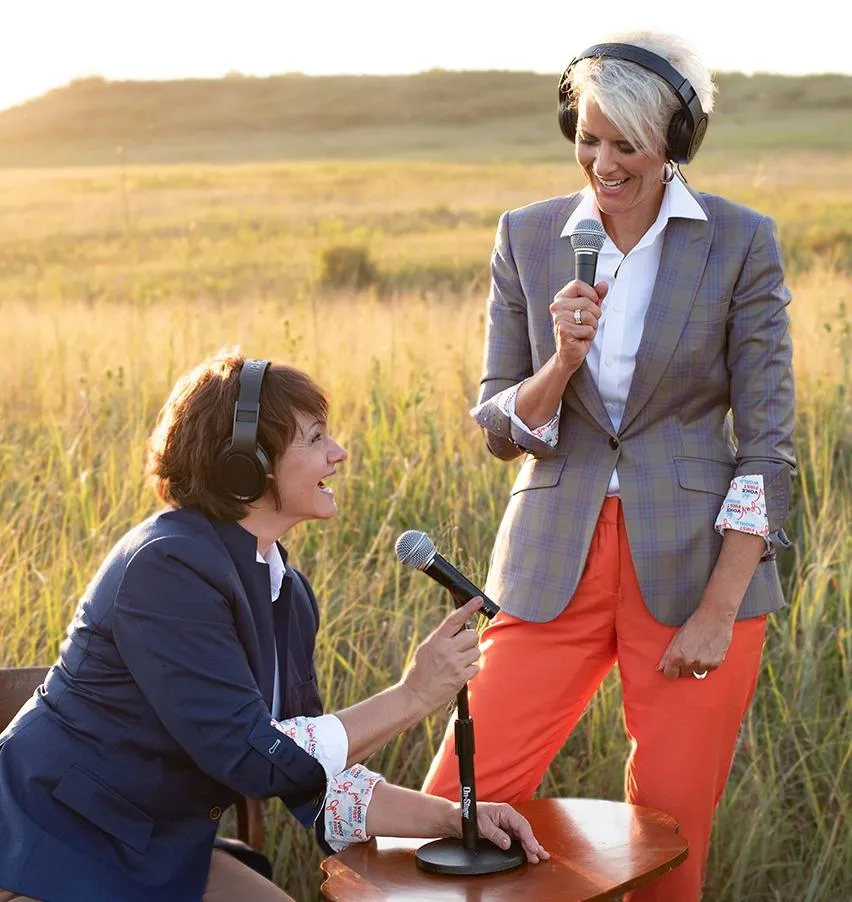
Meet
Jen V. & JRT
Jen Vellenga and Jennifer Rettele-Thomas are the co-founders of Voice First World®, a communication and executive coaching company. They train executives and leaders on the Presence Paradigm™, a communication technique created from Jen V's decades of training actors to perform authentically, with presence, on stages, on audio, and video. If you want to learn more about how to speak and lead confidently, book a discovery call at www.voicefirstworld.com/calendar
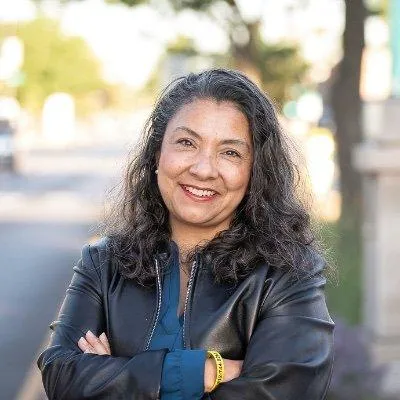

Headline Goes Here...
Jen has been magical in helping me to identify my voice and my VOICE! The ways that she has holistically addressed my strengths and my areas of improvement have all made me feel so much more confident.
-Cate R.
Politician, Chicago, IL
